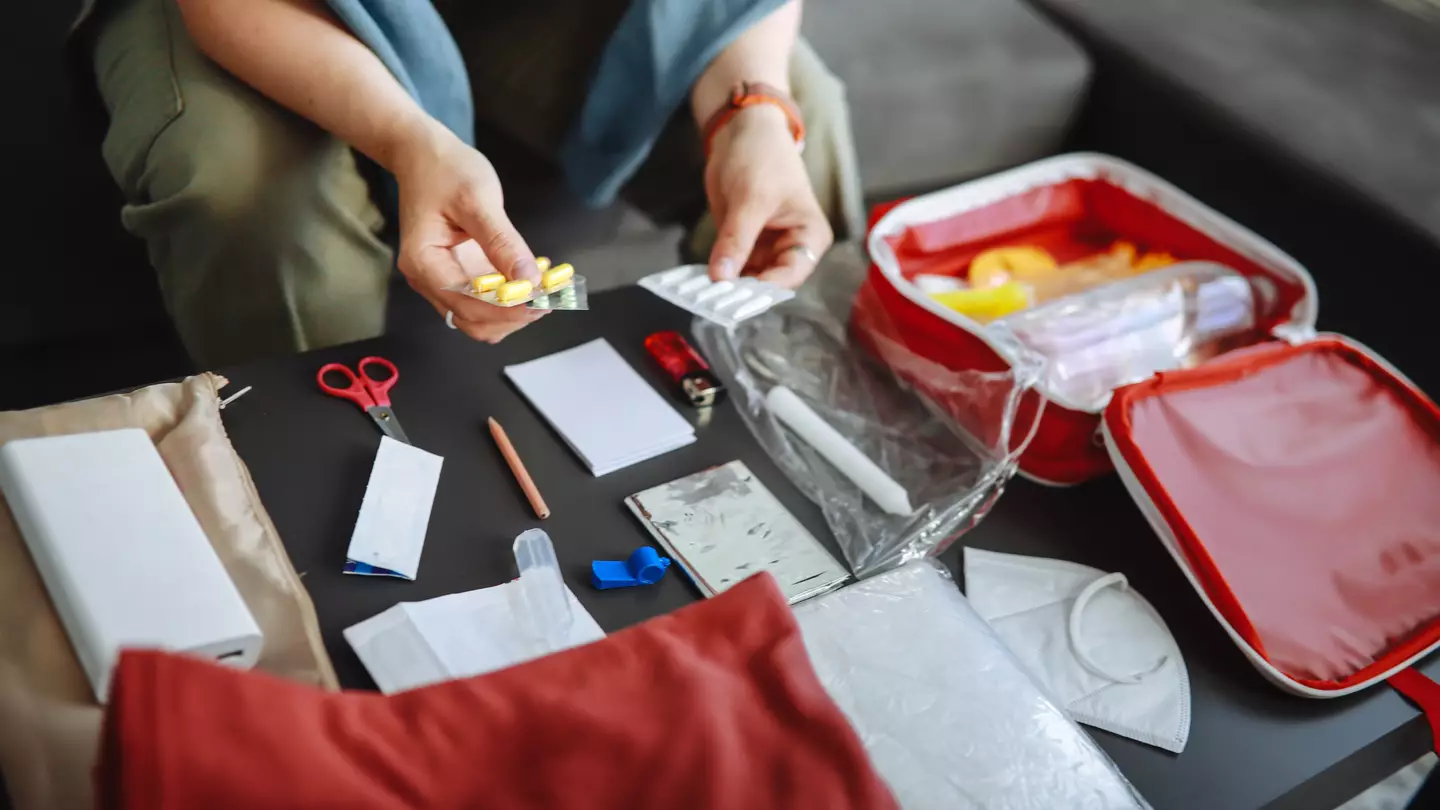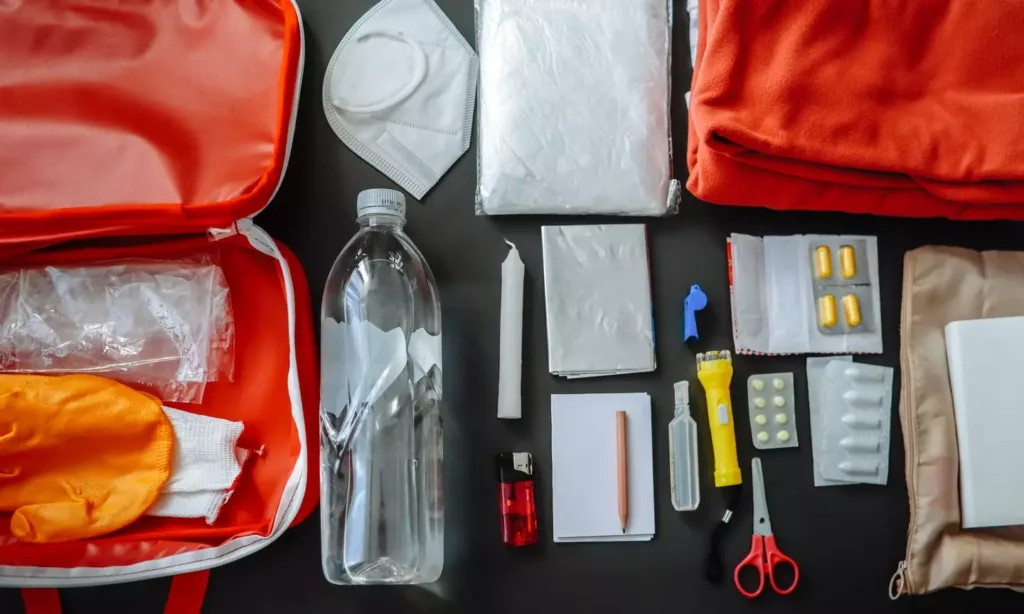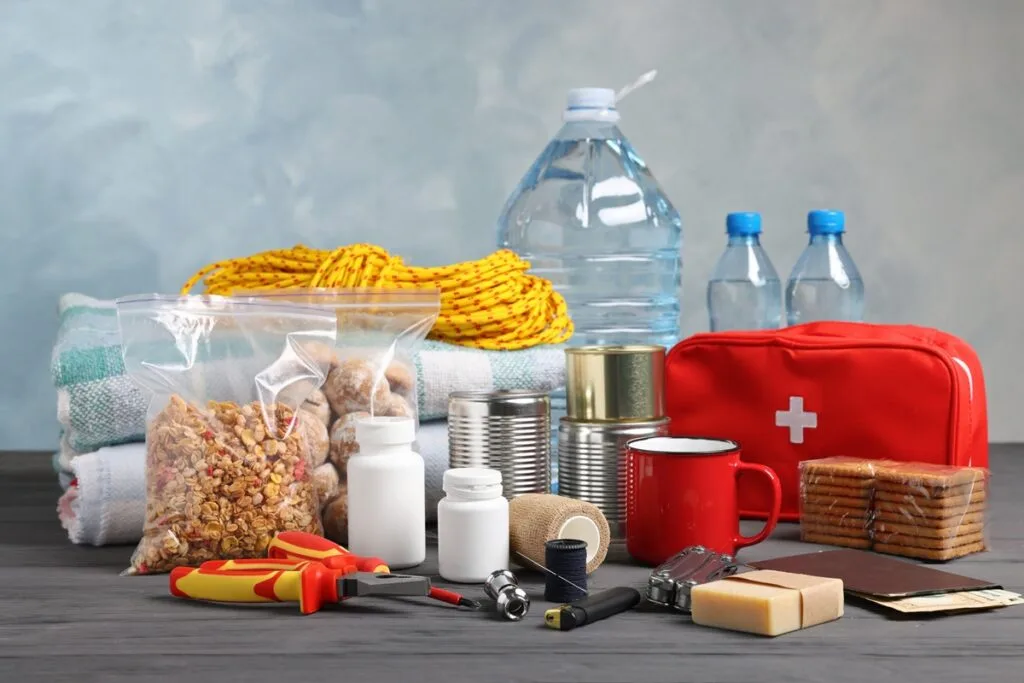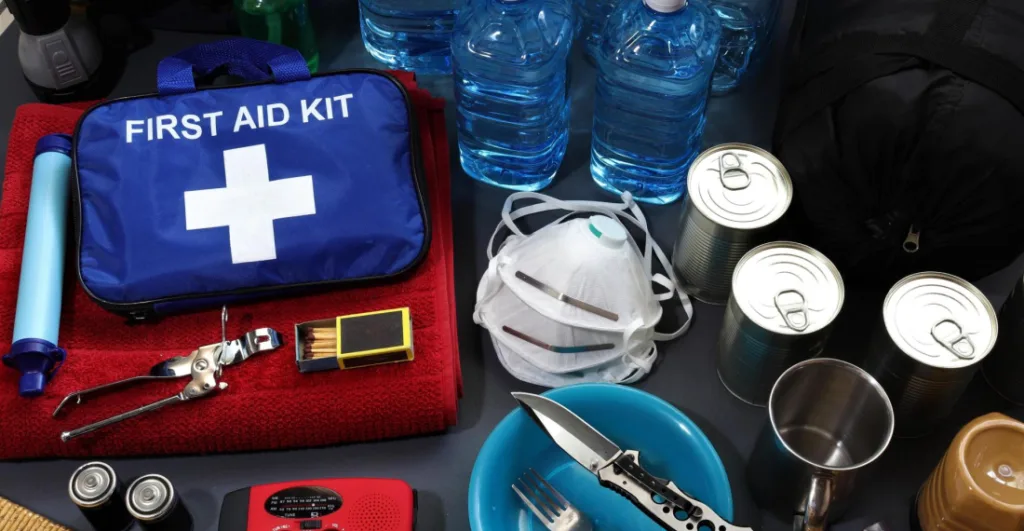Why Are 450 Million People Preparing 72 Hour Survival Kits? Find Out Here.

In a time of rising global tensions and unpredictable crises, the European Union (EU) is urging citizens to take proactive steps to ensure they are ready for any emergency. The EU has launched a new “preparedness strategy” calling for households across Europe to create survival kits that will sustain them for at least 72 hours.
Why Is the EU Asking for Survival Kits?
The EU’s warning comes in response to increasingly complex global challenges. Geopolitical tensions, cybersecurity threats, natural disasters, and even climate change are all contributing to the uncertainty facing Europe. With these threats in mind, the EU wants to ensure that its citizens are well-prepared for any situation.
As Hadja Lahbib, the EU Commissioner for Preparedness and Crisis Management, explained: “We are saying to member states: 72 hours of self-sufficiency is what we recommend.” This means that every household should have enough supplies to last at least three days without relying on outside assistance.

What Should Be in Your Survival Kit?
So, what exactly should you include in your emergency survival kit? Lahbib, known for her engaging and down-to-earth approach, recently shared a humorous yet informative video on her social media, showcasing the must-have items she keeps in her own emergency bag.
Here’s a rundown of her top survival kit essentials:
- Water and Food – The most basic, yet essential items. Make sure to pack enough water and non-perishable food to last at least three days.
- Medication – If you rely on prescription medications, make sure to have an adequate supply in your kit.
- Lighting – A torch, matches, or a lighter can make a huge difference in an emergency, especially if there’s a power outage.
- Swiss Army Knife – Lahbib’s kit includes a Swiss Army knife, which she calls “a must-have” because it packs 18 tools in one.
- Cash – While most of us use digital banking, in a crisis, physical currency can be a lifesaver. As Lahbib puts it, “In the middle of a crisis, cash is king.”
- Chargers and Power Bank – A dead phone in a crisis is a serious disadvantage. Pack a charger and a power bank to keep your devices powered up.
- Personal Documents – Keep your important personal documents, like passports and IDs, in a waterproof pouch for safekeeping.
- Entertainment – It’s not all about survival. Lahbib also suggests packing something to help pass the time, like playing cards or a small radio, for a bit of distraction during stressful situations.

A New Level of Preparedness
While the EU’s message is clear—be ready for anything—Lahbib also acknowledged that each member state may need to tailor their kits to their specific circumstances. “It’s up to the 27 member states to decide what they need in their survival kits based on their geographical and geopolitical situation,” she explained.
The EU’s approach is all about coordination and support. Lahbib stressed that knowing how to respond to various crises is crucial. Whether it’s a flood, wildfire, or cyberattack, understanding potential risks and planning ahead can prevent panic during an emergency.
The Role of Technology in Crisis Management
The EU is also looking to modernize its crisis management efforts kits through technology. Plans are in place to enhance early warning systems, particularly for regions at risk of floods or wildfires, helping communities respond quickly and efficiently. As European Commission President Ursula von der Leyen pointed out, new realities demand a higher level of preparedness: “Our citizens, our Member States, and our businesses need the right tools to act both to prevent crises and to react swiftly when a disaster hits.”

Preparing for All Types of Crisis
The 72-hour survival kit is just one part of the EU’s broader crisis strategy. A handbook is kits also being developed, providing detailed advice on how households can prepare for various crises, ranging from conflicts and pandemics to natural disasters and cyber threats.
The goal is to ensure that, regardless of the threat, European citizens are equipped with the knowledge and tools to stay safe, avoid chaos, and quickly recover when disaster strikes.
Final Thoughts
The EU’s call to prepare survival kits isn’t just about kits anticipating the worst. It’s about taking control of our own safety and resilience. By following the EU’s advice and putting together a survival kit, households can be ready for whatever challenges come their way. As Lahbib says, “Be prepared, be safe.”






